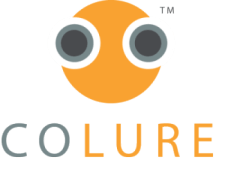Data plays a critical part in marketing your brand. It provides insight into your target audience and helps to focus your advertising efforts. Your campaigns can only be as beneficial as your data is accurate.
It’s vital to make sure you’re collecting data in a way that’s precise and useful to your business. Just a few simple changes can make your data collection more serviceable.
Data collection concerns:
- Don’t ask for too much information. Users are wary of giving out information that they feel is unnecessary or invasive. To avoid this, give succinct explanations of how the data will be used.
- Avoid using outdated technology. Information forms that look outdated can appear untrustworthy to users. Whatever form you use to collect data should still be consistent with the rest of your site. It should appear simple and professional.
- Be sure your form fields are efficient. Form fields that require specific formatting, like phone numbers or drop-down menus that don’t offer enough options can cause frustration for users and inaccuracies. For example, users who can’t find their occupation as an option in a drop-down menu are likely to choose another occupation that doesn’t accurately represent them.
- Validate your data. Although data validation can seem monotonous at first, it’s extremely important. If a user accidentally submits the wrong information, it could lead to complications down the road or an inability to provide quality customer service.
- Not giving enough incentive for providing information. LinkedIn is a spectacular example of offering a valuable exchange for information. As users add more information to their profile, they can look for jobs that better fit their experience or connect with other users that are closer to their industry.
The common theme throughout each of these concerns is the act of not looking at the big picture. For example, offering a drop-down menu might mean less work for you, but it also means less accurate data. Be sure that your form facilitates your function.
Thoughtfully formatted documents communicate trustworthiness and professionalism. When making changes to the way you collect data, it’s important to think about the larger scheme of things. What changes will be more beneficial to your organization further down the road? How can you make it easier for a user to provide information? In the end, it’s accuracy that’s going to provide you with the best results.

